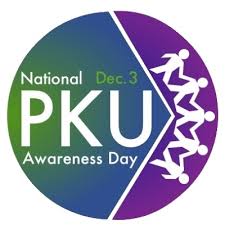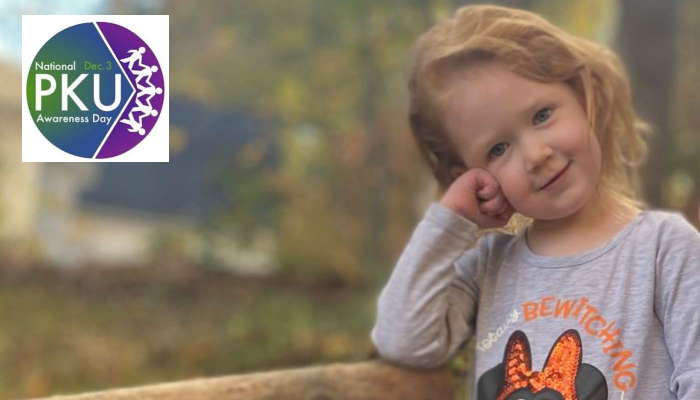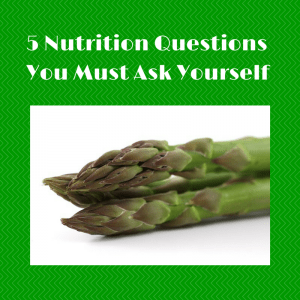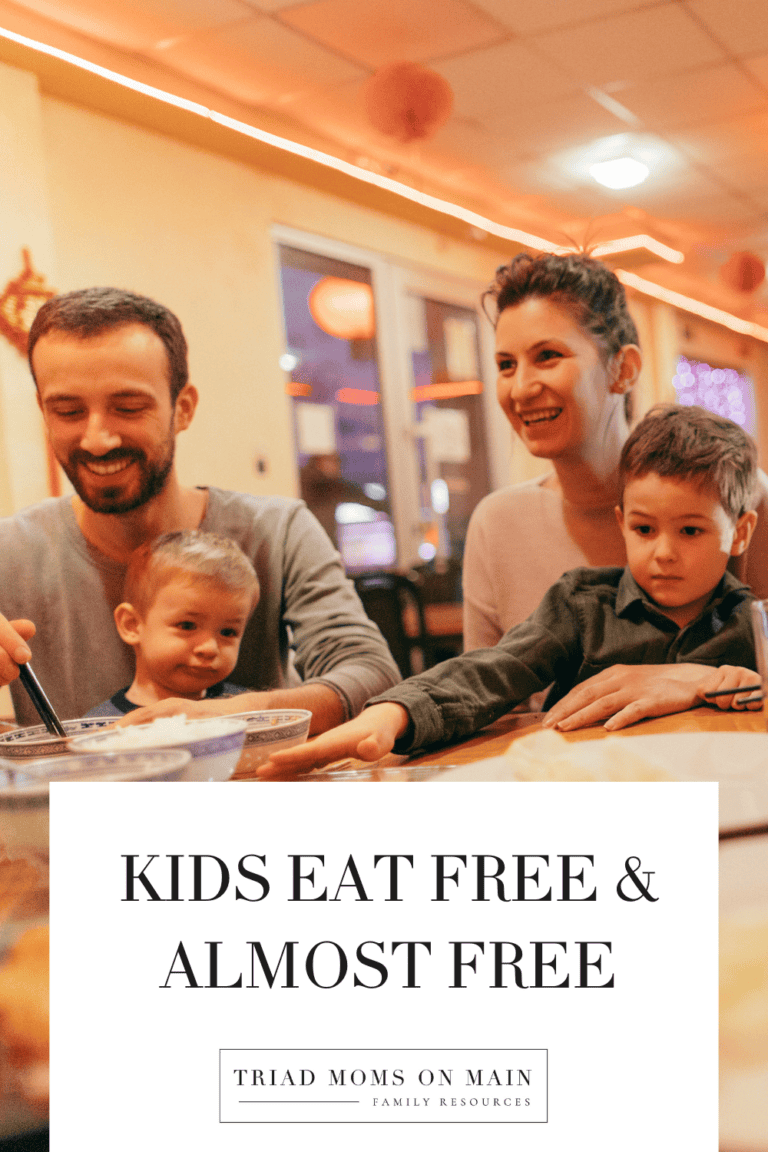Celebrating and Advancing PKU Awareness
By Guest Blogger Rebecca Payne Jordan
December 3rd is PKU Awareness Day! It’s very timely to celebrate and advance PKU awareness in the heart of the holiday season as it’s probably one of the toughest times of year to have PKU.
You’ve never heard of PKU? Very few people have, including my husband and I until our three-year-old daughter was diagnosed with phenylketonuria (PKU) when she was just seven days old. It’s a very rare disease, according to the National Organization for Rare Disorders, affecting approximately 1 out of every 19,000 people.
 PKU is an inherited inability to metabolize phenylalanine. Untreated, PKU causes a host of negative effects. If undiagnosed at birth, a child with PKU will have irreversible and profound intellectual disability by three months old. At any point in life stopping treatment will lead to a host of brain and nerve damage, including seizures, learning disabilities, psychiatric disorders, and behavioral and social problems. There is no cure. The treatment is carefully controlling phenylalanine levels.
PKU is an inherited inability to metabolize phenylalanine. Untreated, PKU causes a host of negative effects. If undiagnosed at birth, a child with PKU will have irreversible and profound intellectual disability by three months old. At any point in life stopping treatment will lead to a host of brain and nerve damage, including seizures, learning disabilities, psychiatric disorders, and behavioral and social problems. There is no cure. The treatment is carefully controlling phenylalanine levels.
Phenylalanine, or phe, is an essential amino acid that occurs naturally in all food sources except water, sugar, and fat. It is highly correlated with protein, so the more protein something has, the more phe it has. People with PKU, like my little girl, have to eat a low protein diet. The terms high or low protein are relative though as most people with PKU can only have the equivalent of 4 grams of protein per day. For her, high protein includes things like corn, pasta, and rice, not items many of us consider to be high in protein. People with PKU cannot eat meat, dairy, eggs, nuts, beans, seeds, or grains. Everything else that she consumes, which are fruits, vegetables, and medical foods designed to be low in protein and only for the consumption under the care of a doctor must be eaten in measured quantities and only up to a certain quantity per day.
We determine what that quantity is each week through a blood draw. Her doctors then tell us exactly how much phe she can have each day. She must consume exactly that quantity, no more and no less. Too little and she won’t have enough of an essential amino acid; too much and the above-listed effects begin. She also has to drink her formula (we call it “super milk”) multiple times a day to get the missing nutrients she cannot get from food. As our culture is very food centric, particularly this time of year as we celebrate the holidays, getting her exactly what she needs while also ensuring that she is able to enjoy the celebrations is no easy task.
Some of the concerns that accompany this diagnosis that may not be obvious at first include:
- The difficulty of getting a child to drink her formula multiple times a day every day without it becoming a power struggle or giving in to “but I don’t want.” If you’ve ever tried to convince a toddler to do … anything, then you understand.
- Worries about sickness. Illness elevates her levels which affects cognitive function and simultaneously makes the taste of her formula – which she needs to survive – less palatable.
- Worries about her levels. Are they too high? Too low? Miraculously just right? What sort of invisible brain changes are occurring? Recent research shows that individuals with PKU who have very well controlled levels still have white matter abnormalities.
- The constant need to carry a scale to weigh her food (and then to weigh the leftovers to determine how much she actually consumed) and the looks, questions, and sometimes judgment that come along with weighing and measuring a child’s food before allowing her to eat it.
- Social acceptance for her medical veganism and consuming atypical foods such as jackfruit, formula, and medical pasta/rice. Every person with PKU will tell you the most common question they get is, “so, what CAN you eat?” In fact, there’s a documentary with the same name on Amazon Prime that I highly recommend.
- And the mere presence and need to attend holiday events, birthday parties, and any social gatherings throughout her life. Her diet is so restricted that she has to carry her own food no matter where we go, which requires the constant planning ahead of what will be there that she can consume. While she’s a child the latter means that we are always trying to determine what she may reach for so that we can have a suitable substitute available for her so she learns that while her foods may be different, they are still tasty.
 Dietary compliance is quite challenging and the number of patients who successfully stay on treatment throughout their life is quite low. We pray for a cure but, in the absence of one, we know advocacy and the constant reminders that her food is both good for her and just plain good are critical. Telling her simply, “no, you can’t have that” makes it a forbidden fruit and so the need to offer, “but you can have this and it’s just as delicious” is essential. This idea is perhaps the weightiest on my shoulders. I not only worry about keeping her food safe and her levels in range today, I constantly consider her mental state and her relationship with food and her diet. As her mom, I am committed to doing everything possible to ensure she accepts her PKU as a part of herself, no different than her hair and eye color.
Dietary compliance is quite challenging and the number of patients who successfully stay on treatment throughout their life is quite low. We pray for a cure but, in the absence of one, we know advocacy and the constant reminders that her food is both good for her and just plain good are critical. Telling her simply, “no, you can’t have that” makes it a forbidden fruit and so the need to offer, “but you can have this and it’s just as delicious” is essential. This idea is perhaps the weightiest on my shoulders. I not only worry about keeping her food safe and her levels in range today, I constantly consider her mental state and her relationship with food and her diet. As her mom, I am committed to doing everything possible to ensure she accepts her PKU as a part of herself, no different than her hair and eye color.
If you’ve read this far, thank you! Awareness is everything! Community is a critical part of ensuring that she doesn’t begin to feel as if her foods are limiting or less good. It takes a village to help a child with such a restricted diet navigate not only the diet itself but also the social dynamics of a rare and severely restricted diet at birthdays, holiday parties, and school events. A small way you can make a big difference if you learn someone in your community has a restricted diet is to simply be clear what food will be served at your events. Knowing what will be at an event helps me as her mom make sure that I can prepare something similar for her so that she always knows that her food may be different but it is just as good. And us moms of dietary restricted children will always find a way to make a safe substitute for whatever delicious looking thing they may be craving! It may not be easy but her health is so worth it.
 While the above are the facts of her disorder, she and others with PKU are so much more than PKU! Let me tell you just a bit about my sweet little three-year-old. She is so very brave! She never flinches for her blood draws and will ask to ‘do her levels.’ She is so smart! She is bilingual and understands Spanish as well as English. She is kind! She is vivacious, outgoing, and funny. She swims and dances and is the life of her Sunday school class. PKU doesn’t stop her!
While the above are the facts of her disorder, she and others with PKU are so much more than PKU! Let me tell you just a bit about my sweet little three-year-old. She is so very brave! She never flinches for her blood draws and will ask to ‘do her levels.’ She is so smart! She is bilingual and understands Spanish as well as English. She is kind! She is vivacious, outgoing, and funny. She swims and dances and is the life of her Sunday school class. PKU doesn’t stop her!
In case you missed Rebecca’s first blog on this topic, click HERE.
Want to see more blogs like this and get notifications on local events and happenings? Subscribe to Triad Moms on Main’s free weekly newsletters here.







